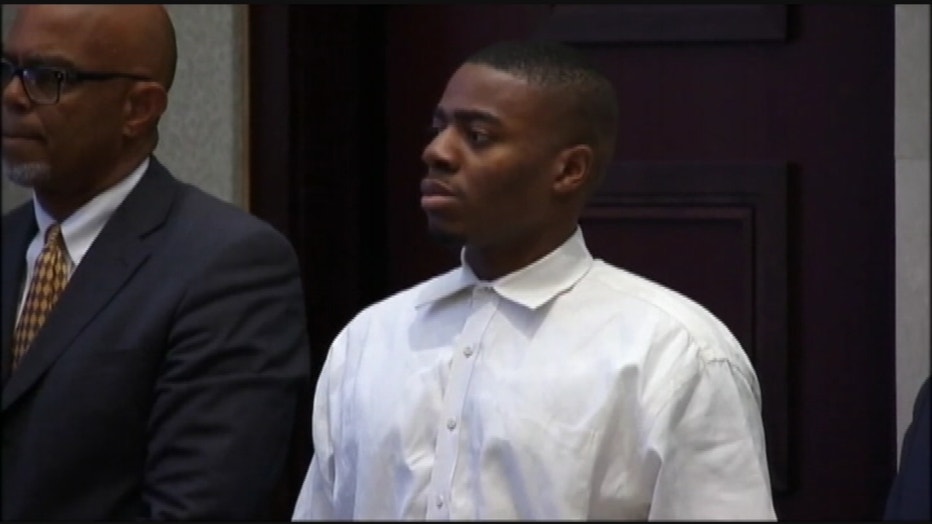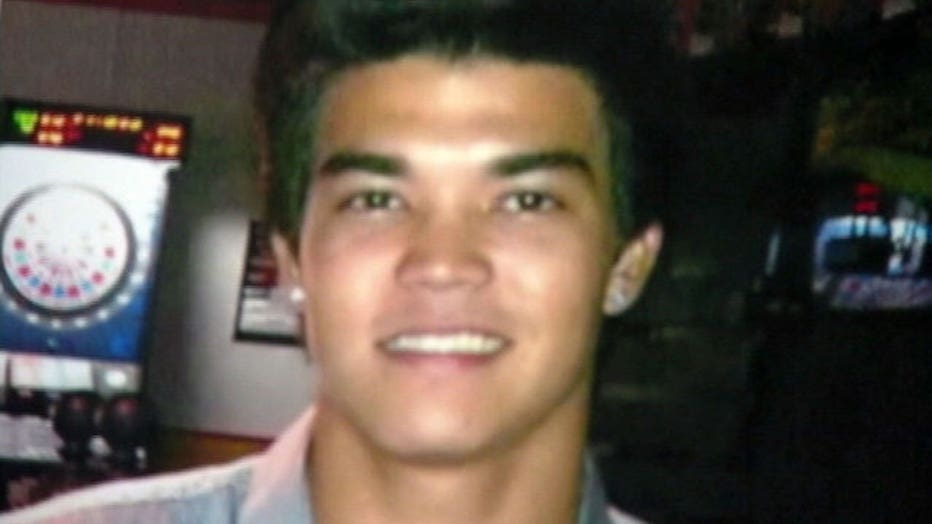Florida father of son murdered in 2012 relieved death penalty law has changed

Florida father of son murdered in 2012 relieved death penalty law has changed
Rafael Zaldivar’s 19-year-old son, Alex, was murdered more than 10 years ago. Even though a jury sentenced his son's killer, Bessman Okafor, to death, the sentence was overthrown due to the unanimous law.
ORLANDO, Fla. - A Central Florida father is relieved that Gov. Ron DeSantis approved a new law changing the requirements for the death penalty.
DeSantis signed a bill Thursday ending a unanimous jury requirement in death penalty sentencing, a response to a verdict that spared the life of a school shooter who killed 17 people. He signed the bill in a private ceremony with families of victims of the 2018 Marjory Stoneman Douglas High School massacre in Parkland.
The new law, which went into effect as soon as the governor signed it, allows capital punishment in Florida with a jury recommendation of at least 8 to 4 in favor of execution. Only three states out of the 27 that impose the death penalty do not require unanimity. Alabama allows a 10 to 2 decision, and Missouri and Indiana let a judge decide when there is a divided jury.
RELATED: Florida eases path for death penalty after Parkland verdict
Rafael Zaldivar’s 19-year-old son, Alex, was murdered more than 10 years ago. Even though a jury sentenced his son's killer, Bessman Okafor, to death, the sentence was overthrown due to the unanimous law.

RELATED: Bessman Okafor death sentence overturned
Zaldivar is glad it was changed again but says it’s taking too long to get closure. "We feel like they’re always juggling with us. We’re going to the next decade, and we still don’t have resolution in this which is absurd." He told us that Okafor’s sentencing phase will take place in October.

DeSantis pushed for the legislation after a divided 9 to 3 jury spared Parkland school shooter Nikolas Cruz from execution in a verdict last year that outraged victims’ families. Cruz instead received a life sentence without the possibility of parole.
For decades, Florida had not required unanimity in capital punishment, allowing a judge to impose capital punishment as long as a majority of jurors were in favor of the penalty. But in 2016 the U.S. Supreme Court threw out state law, saying it allowed judges too much discretion.
The state Legislature then passed a bill requiring a 10 to 2 jury recommendation, but the state Supreme Court said such recommendations should be unanimous, prompting lawmakers in 2017 to require a unanimous jury.
Three years later, the state Supreme Court, with new conservative jurists appointed by DeSantis, rescinded its earlier decision and ruled that a death recommendation does not need to be unanimous. Florida’s unanimity standard had remained untouched, though there was no overwhelming desire to change state law before the Cruz case.
The Associated Press contributed to this report.

